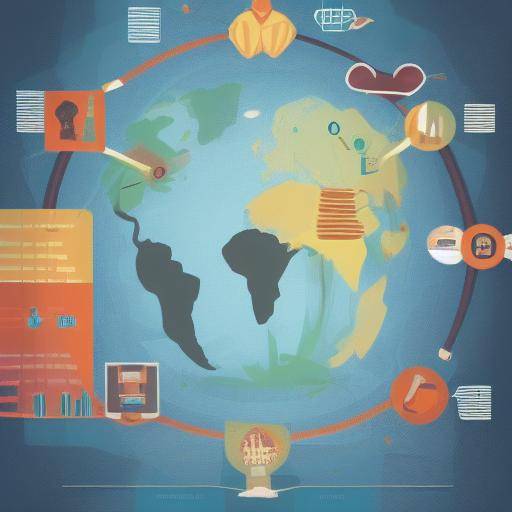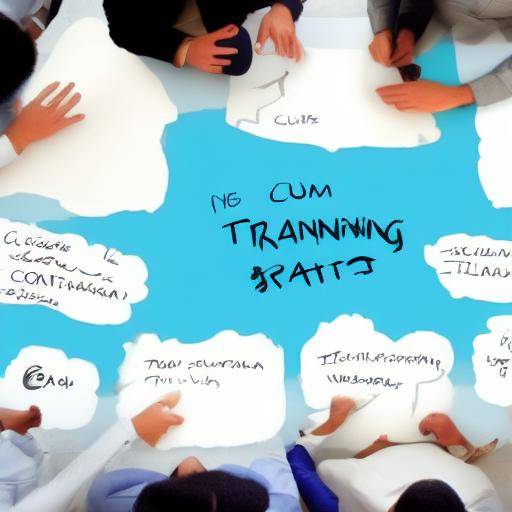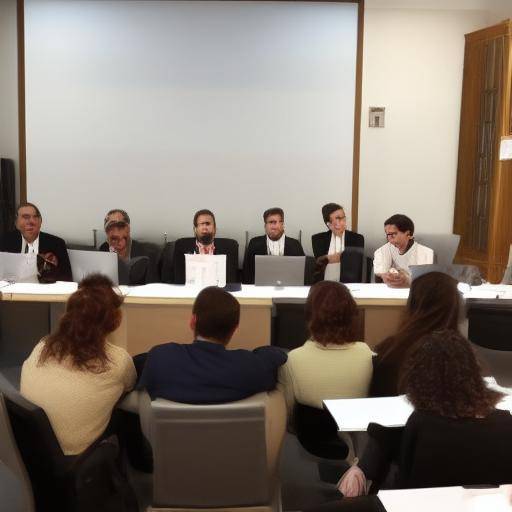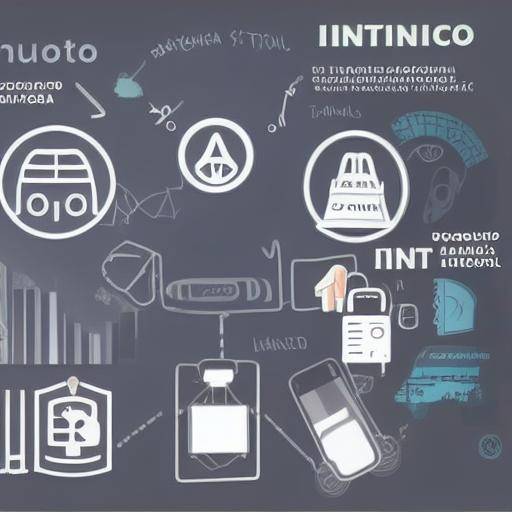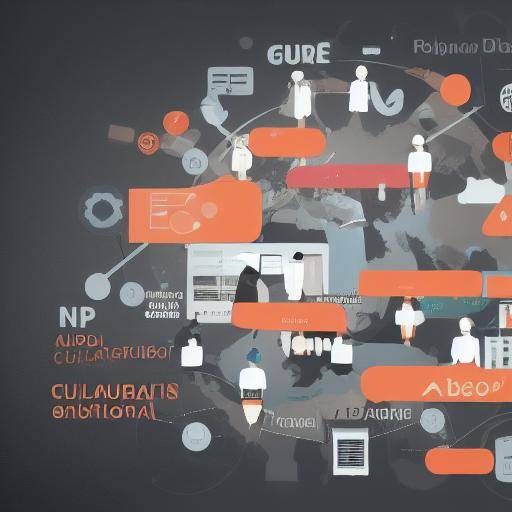
Conflict resolution is a crucial aspect in everyday life, both at the personal and professional levels. Conflicts may arise due to cultural, ideological, or simply disagreements in the way of dealing with situations. It is in this context that cultural intelligence plays a fundamental role, as it provides the tools necessary to understand, manage and resolve conflicts effectively and respectfully. In this article, we will explore in depth the relationship between cultural intelligence and conflict resolution, as well as its impact on interpersonal relationships.
History and background
Conflict resolution has been the subject of study and practice since time immemorial. From territorial conflicts to personal disputes, humanity has consistently sought ways of managing and resolving differences peacefully. Throughout history, various methodologies and approaches have been developed to address conflicts, from diplomatic negotiation to intercultural mediation.
Cultural intelligence, for its part, is a more recent concept that has gained relevance in a globalized and multicultural world. It emerged as a response to the need to understand and adapt to cultural diversity, both in working environments and in daily life. The combination of these two fields has led to a more holistic and effective approach to conflict resolution, which not only seeks to manage differences, but also to understand their origin and address them from a culturally inclusive perspective.
In-depth analysis
Cultural intelligence brings many benefits to conflict resolution, as it allows a deeper understanding of the motivations, perspectives and values of the parties involved. It also facilitates effective communication in multicultural contexts, avoiding misunderstandings and conflicts resulting from linguistic or cultural barriers. However, it also presents challenges, such as the need to develop intercultural skills and manage differences constructively.
In practice, cultural intelligence translates into the ability to adapt to diverse environments, understand and respect cultural differences, and effectively collaborate with people from different backgrounds. This is reflected in conflict resolution, where the intercultural approach allows to address differences from an inclusive and equitable perspective, promoting empathy and mutual understanding.
Comprehensive review
In the area of interpersonal relations, cultural intelligence plays a crucial role in building solid ties and managing conflicts constructively. In understanding cultural differences and managing them with sensitivity, an environment of mutual respect and collaboration is fostered, strengthening interpersonal relationships and reducing the likelihood of conflicts resulting from misunderstandings or prejudices.
A comparative approach allows us to appreciate the similarities and differences between conflict resolution, cultural intelligence and interpersonal relations. While conflict resolution focuses on managing and overcoming specific disputes, cultural intelligence is an ability that transcends the scope of conflicts to embrace cultural diversity in its entirety. For its part, interpersonal relations are nurtured by the practical application of cultural intelligence, promoting harmony and mutual understanding in intercultural environments.
Practical advice and recommendations
If you are interested in developing your cultural intelligence and improving your skills in conflict resolution, here are some practical tips:
- Open your mind to new perspectives and cultures.
- Listen actively and practice empathy.
- It uses body language and non-verbal communication consciously.
- It promotes collaboration and work in intercultural teams.
- Find opportunities to learn about different cultures and traditions. By applying these tips, you will be strengthening your cultural intelligence and contributing to building stronger and harmonious interpersonal relationships.
Conclusions and FAQs
In short, cultural intelligence plays a key role in conflict resolution and enriches interpersonal relationships by fostering mutual understanding and respect. In developing this skill, peaceful coexistence is not only promoted in multicultural environments, but also contributes to building more inclusive and cohesive societies.
Here are some frequent questions related to conflict resolution, cultural intelligence and interpersonal relationships:
How does cultural intelligence influence conflict resolution?
Cultural intelligence facilitates the understanding of different cultural perspectives and values in a conflict, which allows us to address differences with empathy and respect. It becomes a key element in finding solutions that take into account cultural diversity and promote equity.
Can the lack of cultural intelligence generate interpersonal conflicts?
Yes, lack of cultural intelligence can hinder effective communication and lead to misunderstandings, prejudices or discrimination. In multicultural environments, intercultural sensitivity is essential for building positive interpersonal relationships and avoiding conflicts resulting from ignorance or cultural insensitivity.
What are the qualities of a person with high cultural intelligence?
A person with high cultural intelligence is characterized by his ability to adapt to multicultural environments, understand and respect cultural differences, and establish positive interpersonal relationships with individuals from various backgrounds. It stands out for its intercultural sensitivity and ability to manage conflicts constructively.
How can cultural intelligence be improved?
Improvement of cultural intelligence implies a process of continuous learning and self-development. Participating in intercultural experiences, seeking information about different cultures, practicing empathy and mental openness, as well as receiving training in intercultural competition are some effective strategies to improve cultural intelligence.
What is the impact of cultural intelligence on intercultural collaboration in the workplace?
Cultural intelligence in the working environment promotes effective collaboration among professionals from different cultures, facilitates the management of intercultural conflicts and contributes to the creation of cohesive and productive work teams. In addition, it can promote innovation and creativity by integrating diverse perspectives.
What role does cultural intelligence play in promoting peace and harmony in multicultural societies?
Cultural intelligence contributes significantly to the promotion of peace and harmony in multicultural societies by fostering mutual understanding, inclusion and respect for diversity. It helps prevent conflicts from cultural misunderstandings, prejudices or discrimination, promoting peaceful coexistence and social cohesion.
We conclude that cultural intelligence is a determining factor in conflict resolution and in strengthening interpersonal relations in multicultural contexts. In understanding and accepting cultural diversity, peaceful coexistence is promoted and solid foundations are built for harmonious coexistence.




